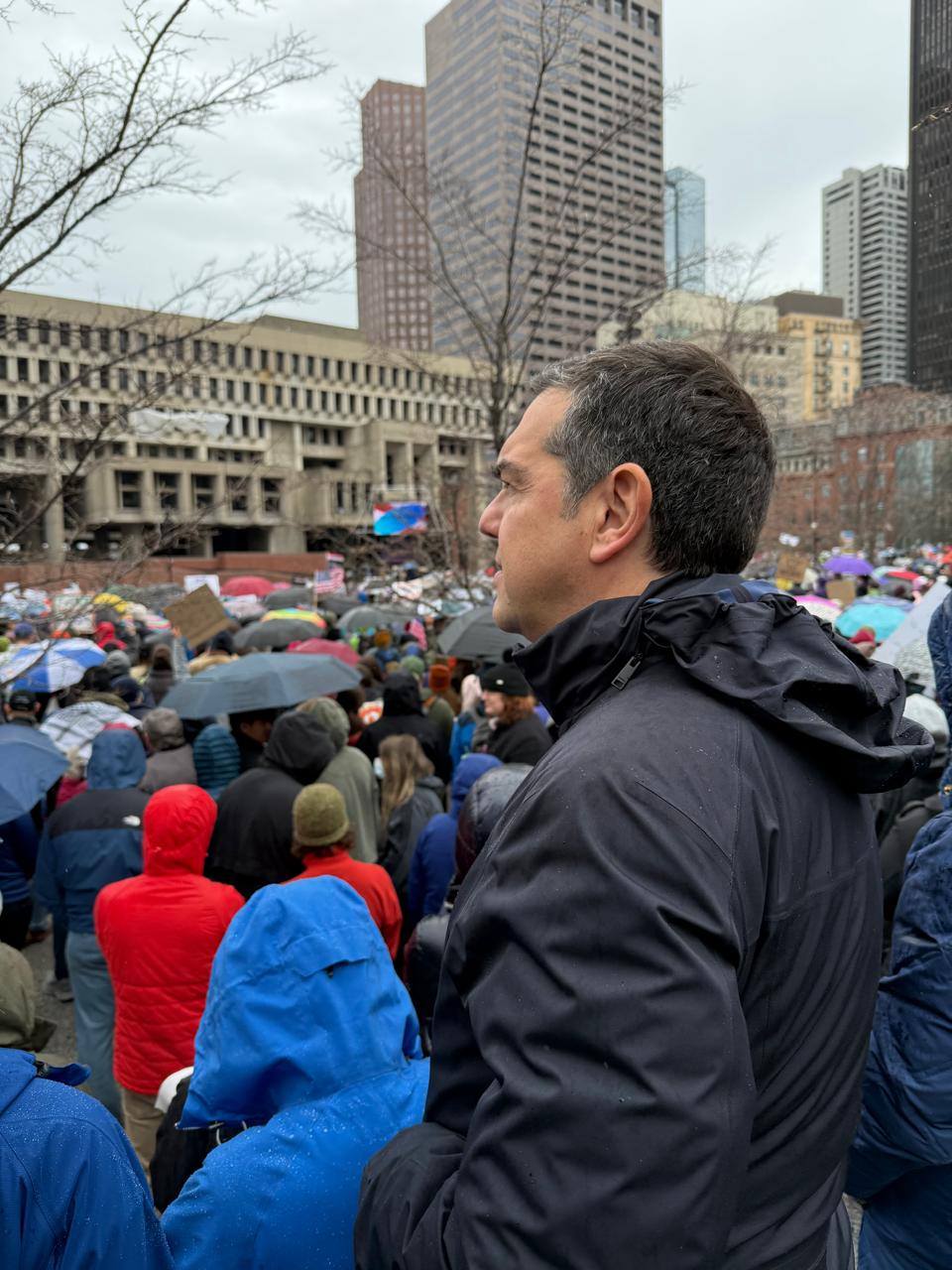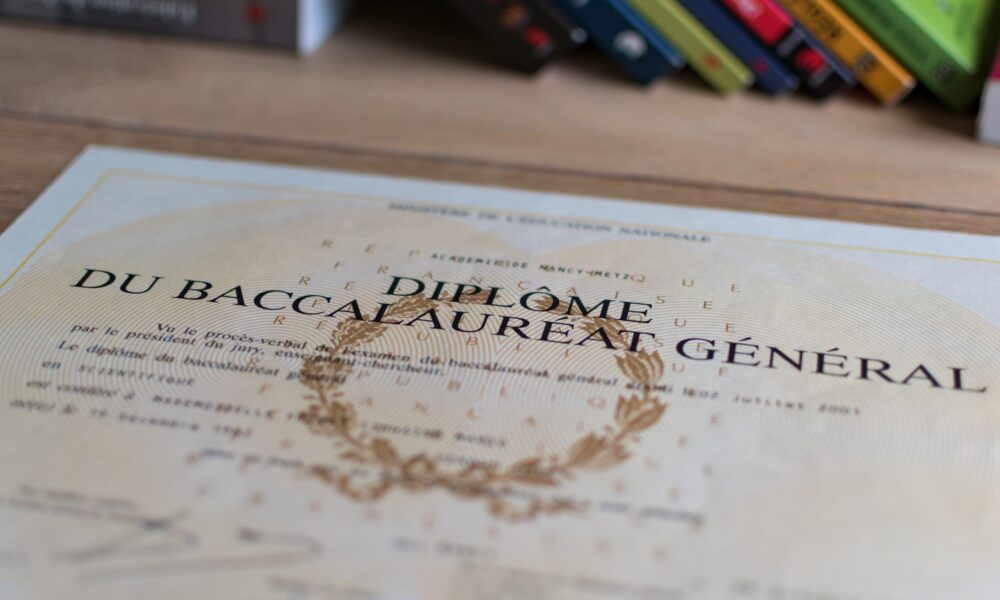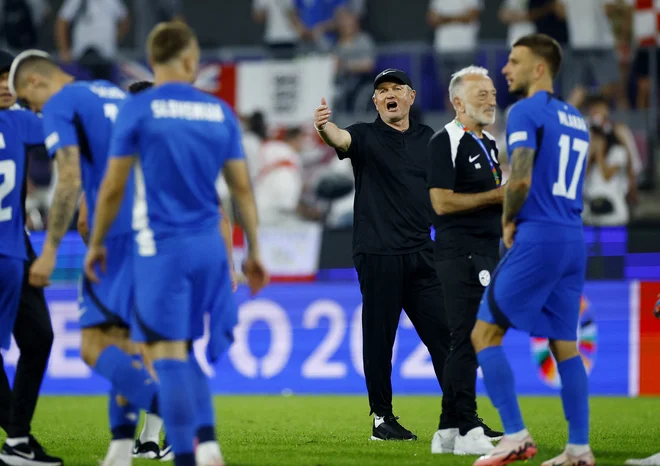Tsipras: To advocate our own progressive compass against modern threats to build a better world

Completing his stay at Harvard University, Alexis Tsipras, with an extensive post, quotes all of his important contacts in the US, while referring to the great conflict caused by the terms of US President Donald Trump at the University of Economics.
« I had the opportunity, a few days earlier, to dwell next to thousands of protesters in Boston who resist this policy.
So I had the privilege of being in the US at a special time, where everything seems to change radically and to foretest worse days, not only on the other side of the Atlantic, but also in Europe and the rest of the world, « the former prime minister said.
And he emphasizes that « by deeper understanding today’s dramatically changing world, I find it necessary to advocate our own progressive compass against modern threats to build a better world. »
Alexis Tsipras is monitoring Harvard students’ mobilizations against Policy Trump
Alexis Tsipras also notes his meeting « with an old acquaintance » from his visit to the White House, Fiona Hill, a senior executive at the National Security Council during the first Trump term, which is today Senior Fellow at Center on the United States and Europe, Foreign Policy Program and Broky Defense of the British Government.
As he points out, « we have discussed the Re-Arm Europe program, the importance of developing the role of Europe as a power of peace and stability and not merely deterrence, Greece’s role in the new European security architecture and the importance of strong conditions for Turkey’s involvement, as well as the impact of the political and political level. »
Alexis Tsipras’ post
Completing my stay at Harvard University, I had a very rich last week, full of speeches, meetings and acquaintances with interesting people. Center for European Studies (CES), the oldest and largest European Studies Center in the US, under the direction of the excellent Elaine Papoulias and Daniel Ziblatt who invited me, was my very welcoming « home » at the university for three weeks.
Before giving my last lecture to the Harvard Kennedy School academic audience, on the future of the progressive forces, I had the opportunity to present three seminars at the university (two at Center for European Studies and one at Kennedy School) and meet with a number of excellent scientists. Like, among other things, former New Zealand Prime Minister Jacinda Ardern, former US National Security Council official Fiona Hill, teacher and author of the book « Surveillance Capitalism, » Shoshana Zuboff.
I also had the opportunity to tour the major MIT research centers, to chat with their directors about their innovative research and finally, to meet with prominent professors and researchers in the Greek academic circle in Boston.
The first seminar I presented was about the financial crisis in Greece and its exit from the Memorandums and was organized by the Harvard Kennedy School Center for International Development, under the coordination of Professor Jeffrey Fracel. In this context, I talked about the reasons that led to Greece’s bankruptcy, the deadlock and the impact of the first two programs, the negotiation and the 2015 referendum and the country’s exit from the debt regulation crisis.
The second seminar was subject to developments in the Balkans and the Eastern Mediterranean and the role of Greece in the region, and was held at CES, under the coordination of Professor Melani Cammett. In my speech, I focused on the value of Greece’s initiatives on peace, stability and protection of international law in the region during the SYRIZA Governance, with particular emphasis on the Prespa Agreement, the Cranes Montana Conference on Cyprus and the establishment of new cooperation.
I emphasized that especially in the current period of radical shift in US foreign policy and increasing the importance of harsh power, the development of corresponding EU initiatives and in particular Greece is becoming even more urgent.
The third seminar was held in the framework of the Money Matters course at CES, co -ordinated by Professor Eurydice Georgandeli and had the theme « From the Delic Alliance in the Eurozone ». It was an exciting journey in ancient Greek history, with useful lessons about today and tomorrow of international economic relations, but also for the need to review the experience of the eurozone crisis.
The topic of discussion with students was the historical comparisons between the first monetary union in antiquity and the eurozone, as well as the dilemmas and strategies of the weakest members of a union against the most powerful.
At the same time, I had the opportunity to tour the exhibition with ancient coins of the Harvard Art Museum, presented by the professor, Ms. Georgandeli, referring to the economic history of the areas from which they came.
My program, however, included not only Harvard and Political or Economic Sciences but also MIT. I had the opportunity to tour the MIT’s Sea Grant Lab, a center with a huge contribution to the field of oceanography and oceanics, with a – for years – a very strong presence of Greek scientists, and to meet with the director of Michalis Triantafyllou and his deputy director.
At the same time, I visited the historical MIT Computer Science and Artificial Intelligence Laboratory, which took the first steps to develop artificial intelligence and some of the most important contributions in IT were made. I had the opportunity to meet the director of the center, Daniela Rus – a position held by the distinguished Greek professor Michael Dertouzos for decades – as well as new researchers, with whom I talked about the exciting, new technologies they develop.
I also toured the Mit Nuclear Lab and his nuclear reactor by director Gordon Kohse, while Center for Advanced Energy Systems, Jacopo Buongiorno, informed me of innovative research in sections, and especially in energy, in which he coincides with his center.
Finally, I met Munther Dahleh and Fotini Christia, directors of the Mit Institute for Data, Systems, and Society and Sociotechnical Systems Research Center, with whom I talked about the benefits of new data analysis methods and technologies in social sciences.
I also had the pleasure of attending a dinner quoted by Professor of Chemical Engineering and President of the Greek Academic Circle in Boston, Gregory Stefanopoulos, and other prominent members of the organization. In this context, I was informed of the prospects and, above all, the challenges addressed by Greek scientists abroad who want to offer in the field of scientific research in Greece – in particular for the National Council for Research and Innovation, by the recently resigned former president, his former President,
At the same time, we discussed the importance of both the establishment of the Hellenic Research and Innovation Foundation, as well as the increase in expenditure on research and development by the SYRIZA government, amid major fiscal restrictions. Finally, I emphasized the importance of establishing not only scientists’ return procedures to Greece, but mainly networking them in partnerships with the Greek scientific community and Greek startups.
Back at Harvard, I didn’t miss the opportunity to meet with the former prime minister of New Zealand, who is also a Policy Fellow, but for a longer time. We had the opportunity to exchange thoughts and experiences on the great global challenges and especially the climate crisis, global security and global trade in the follow -up of the duties imposed by the US president. We discussed the need to rally the progressive forces to support democracy and sustainable development and we were particularly stood in our initiatives in this direction.
I also had the opportunity to exchange thoughts with Shoshana Zuboff, a former professor at Harvard Business School, and author of a book made by the most influential internationally, for her innovative research on « Spying Capitalism », which had been predicted by the challenges of humanity years ago – To create « behavioral outcome markets » in order to accumulate wealth and political power. We talked specifically about the importance it must have for the progressive forces, not only the regulation but also the ban on aspects of this digital intervention carried out by powerful companies at the expense of citizens’ lives and rights.
At the same time, I met Marina Hatsopoulos, a pioneer in 3D printing and businessman in the field of innovative technologies. We talked about her visit to Greece in 2015 to support start -up technology businesses through the MIT ENTERPRISE FORUM GREECE, the conditions required for their further development in Greece and the interconnection of university scientific research and market.
I also met with an old acquaintance from my visit to the White House, Fiona Hill, a senior official of the National Security Council during the first Trump term, which is today Senior Fellow at Center on the United States and Europe, Foreign Policy Program at Brookings Institution and a Sunshine Advisor. We discussed the Re-ARM Europe program, the importance of developing the role of Europe as a power of peace and stability, and not merely deterrence, Greece’s role in the new European security architecture and the importance of strong conditions for Turkey’s involvement, as well as the impact of Trump’s policy.
Finally, I met the former Democratic MP at Maryland John Sarbanes, as well as the former Harvard Institute of Politics Director and a close associate of Michael Dukakis, Nick Mitropoulos, with whom I talked about political developments in the US and the future of the Democratic Party.
With a heavy admitted program and a big thank you to the CES, and especially to Elaine Papoulias, Nikola Prevelakis, Deputy Assistant Director at the Harvard Social Studies Center and Lecturer and the Dean of Eliot House, David Elmer and Bonnie Talbert Fascinating days of intensive contacts, honest discussions and understanding of new trends highlighting the new world problems in a leading academic environment.
In the days when my stay at Harvard was completed, a large conflict over the terms of the US president at the University threatened to cut his federal, financial support. I had the opportunity, a few days earlier, to dwell next to thousands of protesters in Boston who resist this policy.
So I had the privilege of being in the US at a special time, where everything seems to change radically and to foretest worse days, not only on the other side of the Atlantic, but also in Europe and the rest of the world.
Deeper understanding the current world that is changing dramatically, I find it necessary to advocate our own progressive compass against modern threats to build a better world.
Good resurrection to everyone and everyone!







